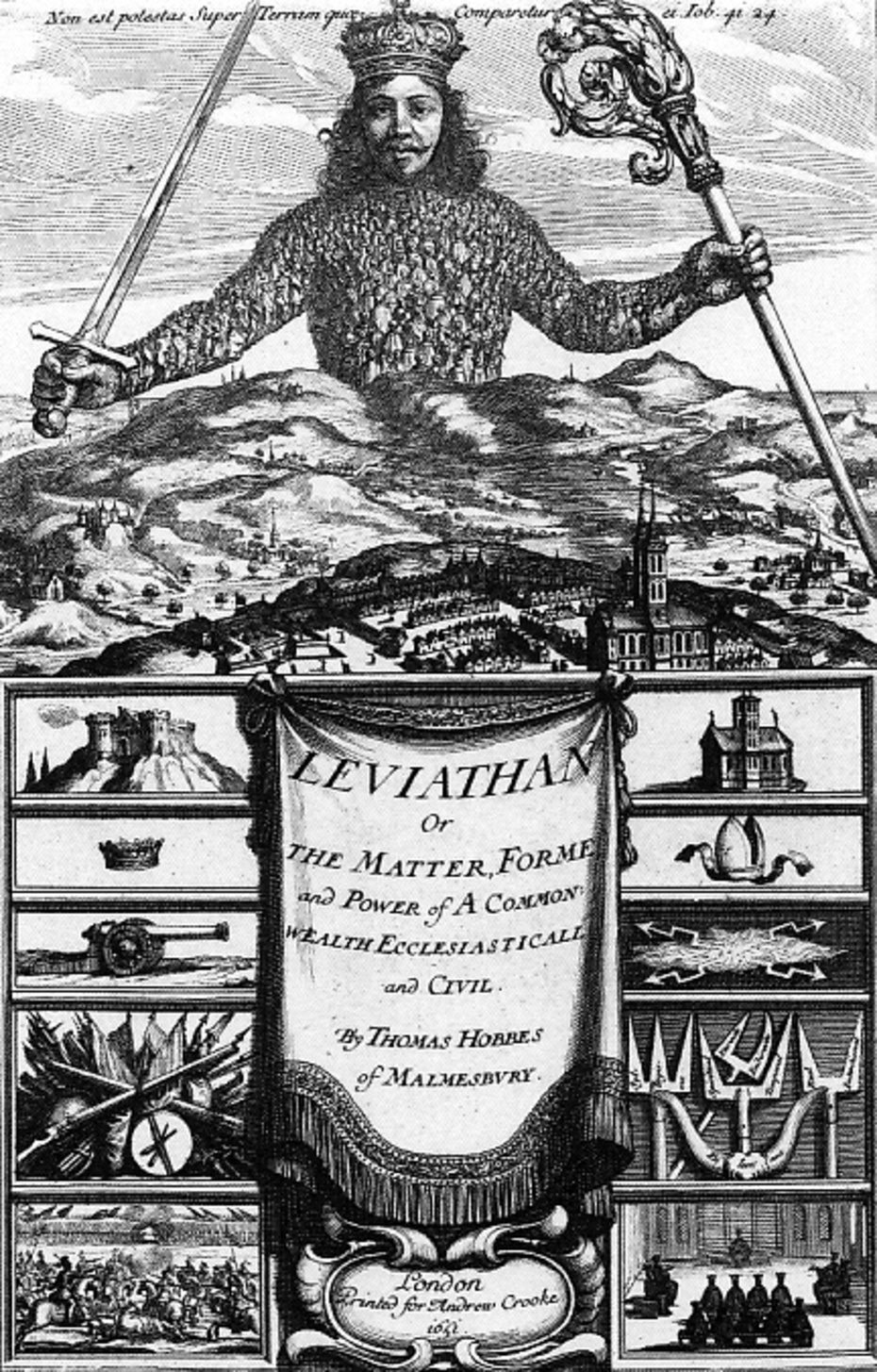
One reading is that he is aesthetic and this was a revolt against religion, but there is also a protestant reading that the only thing which can prevent us - fundamentally prideful creatures - from destruction is this authoritarian, demon-like, force. It surveys everything that is lofty: it is king over all that are proud." "On earth it has no equal, a creature without fear. This book is supposed to be a manual about how to bring about the divine good yet the Leviathan is a great enemy of God in the bible, one of the beasts of the apocalypse, if not the devil himself. What's fascinating about Hobbe's book The Leviathan is the title he chose. This begs the question, how are our views trapped by the times we live in? How can we escape the confines of our time? Title Perhaps the best we can do is only to make relative judgements/advice on how to proceed because there is no final state of utopia.

Of course, after this unity is established, people would want more improvements. Perhaps if he grew up in a tyranny it would be freedom which he advocates. His chaotic time is why he values unity and stability so much more. It's truly fascinating how the time one is in affects one's views (think how all the 20th century philosophers/artists/psychologists reference the bomb, something that barely crosses any of our minds anymore) as well as the caliber of thinkers one is surrounded with. These events greatly affects his philosophical views.

He worked as Francis Bacon's secretary and engaged in dialogue with Galileo and Descartes. Thomas Hobbes was in the era of the English Civil war when he fled to France.

With that said, I’ve decided to share these unedited notes on the off chance they are helpful to other readers. These notes were created during my reading process to aid my own understanding and not written for the purpose of instruction. My preferred way of engaging with books is reconstruction.


 0 kommentar(er)
0 kommentar(er)
